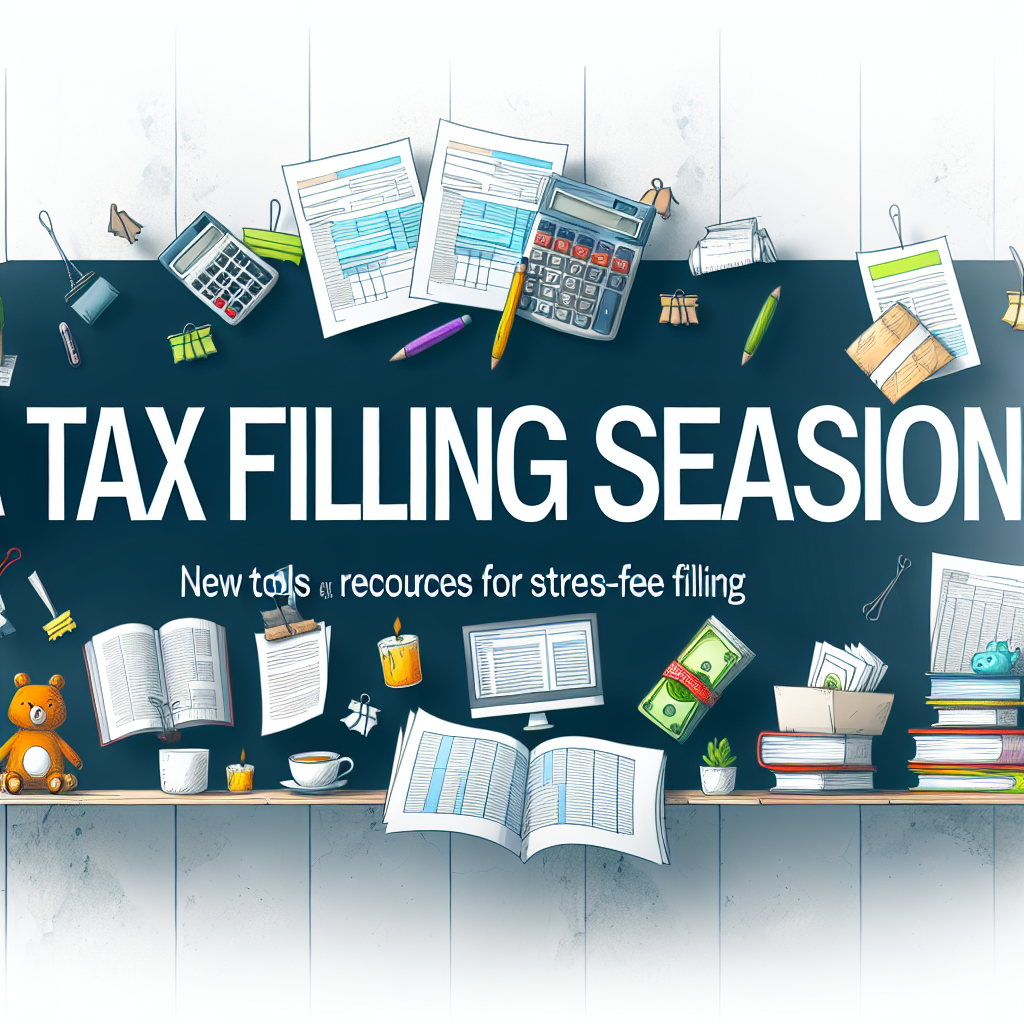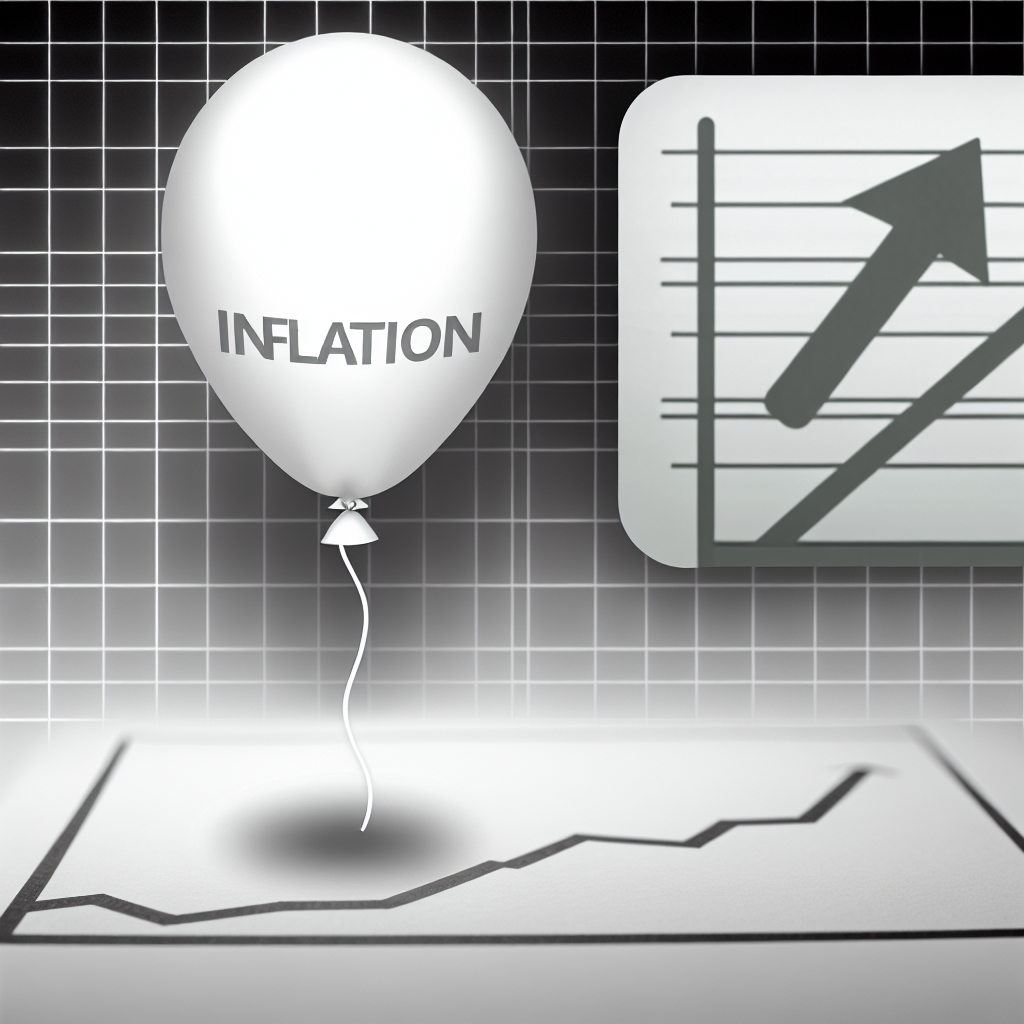The landscape of taxation is ever-evolving, with governments frequently proposing reforms aimed at boosting revenue, enhancing equity, or stimulating economic growth. Understanding how these proposed tax reforms could impact your personal finances is crucial. This article outlines potential changes and their implications for your wallet.
Understanding the Proposed Changes
Proposed tax reforms often target several key areas, including income tax rates, deductions and credits, corporate taxes, and capital gains taxes. Each of these changes can have varying effects on individuals and households, dependent on income level, filing status, and other factors.
Income Tax Rates
One of the most talked-about elements of tax reform is adjustments to income tax rates. Lowering rates for low and middle-income earners could increase take-home pay, while hikes on higher brackets could redistribute wealth. If reforms increase the tax burden for high earners, it might provide more funding for social programs—however, it could also discourage higher-income individuals from investing in local communities.
Deductions and Credits
Changes to the standard deduction and itemized deductions can significantly impact taxable income. For example, eliminating certain deductions could lead to a higher tax bill for homeowners who used to deduct mortgage interest. Alternatively, expanding tax credits, such as for childcare or education, could offer significant savings for families.
Corporate Taxes
Reforming corporate taxes can also trickle down to individual taxpayers. Higher corporate tax rates might lead to increased prices for goods and services, as companies may pass on the costs to consumers. Conversely, reducing corporate taxes could increase investment in public infrastructure or wage growth, benefiting workers.
Capital Gains Taxes
Adjustments to capital gains taxes affect investors and homeowners alike. Increased rates on long-term capital gains could deter investment in the stock market, impacting retirement savings and growth. However, if reforms align capital gains tax rates with regular income tax rates, it could encourage more equitable taxation across different income streams.
How to Prepare for Changes
As tax reforms are proposed and debated, individuals should take proactive steps to prepare:
- Stay Informed: Keep up with news on proposed tax reforms and understand how they may affect your specific financial situation.
- Consult a Tax Professional: Engaging with a tax advisor can provide insight into how potential changes might impact your tax liability.
- Adjust Your Budget: If you anticipate changes in your tax bill, reevaluate your budget accordingly.
Conclusion
Proposed tax reforms can bring about significant changes that may ultimately impact your wallet. By understanding the potential changes and preparing accordingly, you can mitigate the financial impact and take advantage of any benefits offered. Stay informed, consult with professionals, and be proactive in managing your personal finances to navigate the evolving tax landscape.








Leave a Reply
You must be logged in to post a comment.